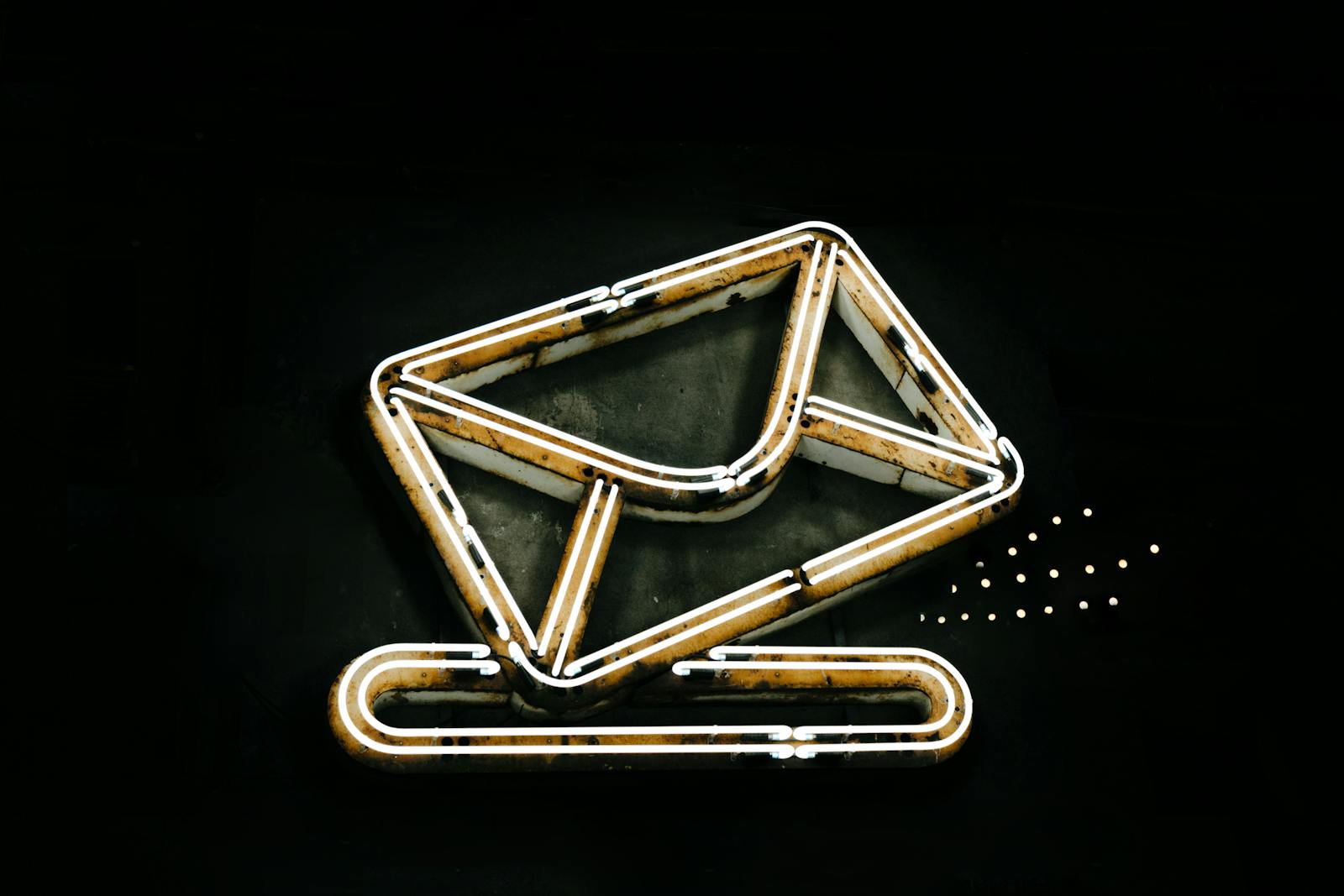You should encrypt your e-mail for the same reason that you don’t write all of your correspondence on the back of a post card. E-mail is actually far less secure than the postal system. With the post office, your mail is handled by postal workers. Take a look at the header area of any e-mail message that you receive and you will see that it has passed through a number of nodes on its way to you. Every one of these nodes presents the opportunity for snooping, as do all systems that can listen in on the communication between these nodes. Encryption in no way implies illegal activity. It is simply intended to keep personal thoughts personal.
Crime? If you are not a politician, research scientist, investor, CEO, lawyer, celebrity, libertarian in a repressive society, investor, or person having too much fun, and you do not send e-mail about your private sex life, financial/political/legal/scientific plans, or gossip then maybe you don’t need PGP, but at least realize that privacy has nothing to do with crime and is in fact what keeps the world from falling apart. Besides, PGP is FUN. You never had a secret decoder ring? Boo!
http://www.pgpi.org/products/pgp/versions/freeware/
Public-key encryption uses a combination of a private key and a public key. The private key is known only to your computer, while the public key is given by your computer to any computer that wants to communicate securely with it. To decode an encrypted message, a computer must use the public key, provided by the originating computer, and its own private key. A very popular public-key encryption utility is called Pretty Good Privacy (PGP), which allows you to encrypt almost anything.
We highly recommend using PGP to encrypt your email messages. It is what we use.

